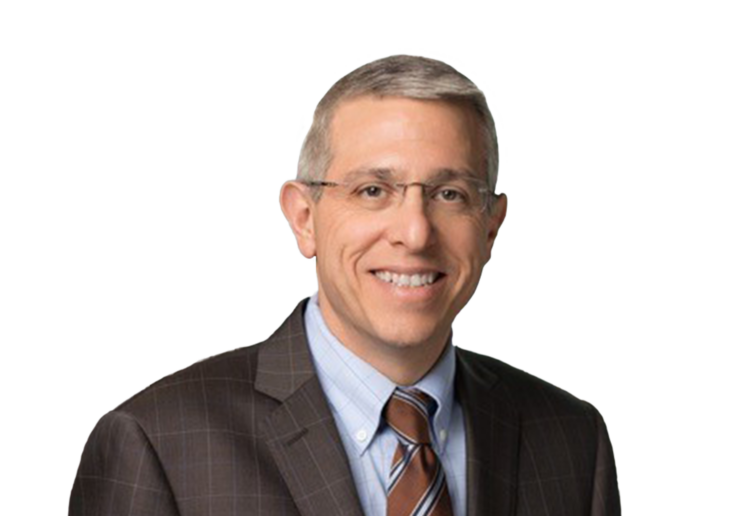
In the United States, more than 90% of the landmass is rural. And in rural communities from coast to coast, the challenges in delivering healthcare can be very different than the urban and suburban centers that get most of the attention.
There’s untapped opportunity in reimagining healthcare business models and the technology that will enable them in rural areas, according to Ballad Health CEO, Alan Levine. And he should know – in the three years since Ballad was formed by merging Wellmont Health System and Mountain States Health Alliance, it has had exceptional success rewriting the rules of rural healthcare.
Among some of its visible and measurable improvements, Ballad Health has decreased pricing by an average of 17% for urgent care and other physician-based services, cut its mortality rate for trauma in half, reduced low acuity admissions by 16,000 per year, and saved the region in which it operates more than $200 million per year in healthcare costs. And it’s doing this with only a 20% commercial payer mix.
In this episode of Healthcare is Hard, Alan talks to Keith Figlioli about how Ballad Health is achieving these milestones by better understanding the dynamics of rural healthcare and making big structural changes to address them. He shares specifics about many of the changes Ballad has already implemented and his plans to continue down this revolutionary path. Their conversation covers topics including:
- Trading competition for regulation. In the areas of Tennessee, Virginia, North Carolina and Kentucky where Wellmont and Mountain States operated, only 50% of hospital beds were occupied and rates were declining. To survive and give it stability, Wellmont looked to be acquired by an outside system, until Mountain States stepped in with a unique solution to merge. But the FTC opposed the merger every step, forcing legislation in Virginia and Tennessee followed by approval from both states’ governors, attorneys general and health commissioners. Against significant odds, the merger was approved with Ballad agreeing to cap pricing and price increases at a rate well below the hospital consumer price index (CPI).
- Eliminating duplication. Many of the structural changes at Ballad Health revolved around reducing duplicate services. Intense competition between Mountain States and Wellmont forced one system to always keep up with the other. As a result, a small town like Greenville, TN had two hospitals a little over a mile apart which had both lost $70 million at 30% capacity in the years leading up to the merger. One of Ballad’s key goals is to implement a more rational approach and business model that makes sense for rural areas.
- Transforming from hospitals to health improvement. While reducing duplication, Ballad is thoughtfully applying the resources it saves to improve the health of its communities upstream. For example, in one region where it consolidated hospitals, it converted one building into a residential facility for women who are pregnant, homeless, drug addicted or have other needs. It gives these women housing security, food security and resources to help ensure their babies are born into a healthy situation.
- The new competitive landscape. Alan says his biggest competition is no longer the health system or physician group down the street. It’s the tech-enabled company across the country or a retail chain that could provide primary care. And unlike health systems in urban areas that can offset the loss of a patient with populated growth, there’s nothing to replace that loss in a rural area. This is why technology will play a significant role in the transformation of rural healthcare.
To hear Alan and Keith talk about these topics and more, listen to this episode of Healthcare is Hard.
